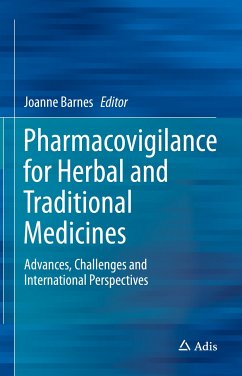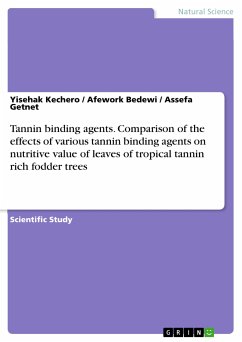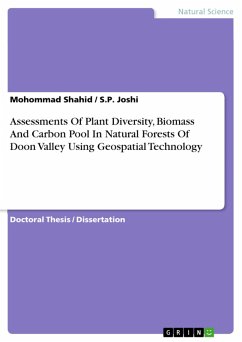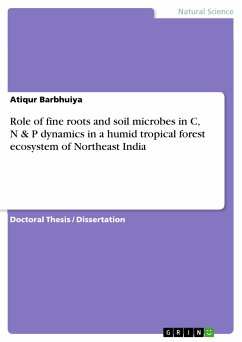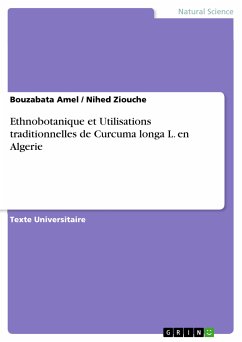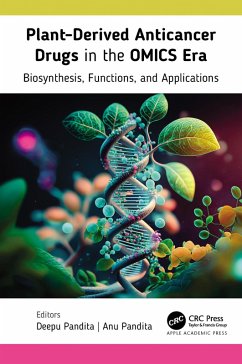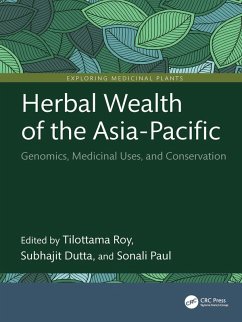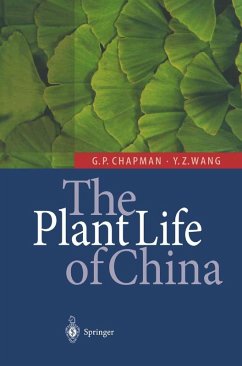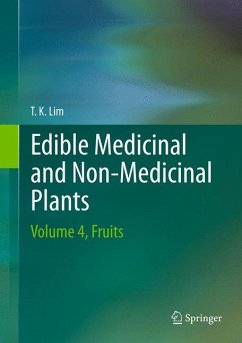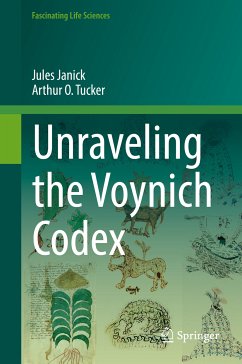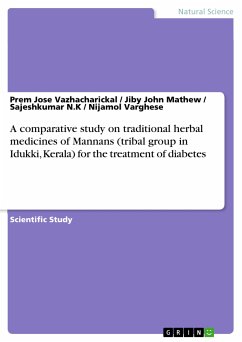
A comparative study on traditional herbal medicines of Mannans (tribal group in Idukki, Kerala) for the treatment of diabetes (eBook, PDF)
Sofort per Download lieferbar
Statt: 17,95 €**
15,99 €
inkl. MwSt. und vom Verlag festgesetzt.
**Preis der gedruckten Ausgabe (Broschiertes Buch)
Alle Infos zum eBook verschenkenWeitere Ausgaben:

PAYBACK Punkte
0 °P sammeln!
Scientific Study from the year 2016 in the subject Biology - Botany, Mar Augusthinose College, language: English, abstract: Diabetes is a complex metabolic disorder resulting from either insulin insufficiency or insulin dysfunction. Diabetes mellitus affects most of the people in both developed and developing countries. The treatment of diabetes with synthetic drugs is costly and chances of side effects are high. Phytomedicine has been used since ancient times in various parts of the world where access to modern medicine is limited. Medicinal plants and phytoconstituents play an important role...
Scientific Study from the year 2016 in the subject Biology - Botany, Mar Augusthinose College, language: English, abstract: Diabetes is a complex metabolic disorder resulting from either insulin insufficiency or insulin dysfunction. Diabetes mellitus affects most of the people in both developed and developing countries. The treatment of diabetes with synthetic drugs is costly and chances of side effects are high. Phytomedicine has been used since ancient times in various parts of the world where access to modern medicine is limited. Medicinal plants and phytoconstituents play an important role in the management of diabetes mellitus especially in developing countries where resources are meagre. Phytochemicals identified from medicinal plants present an exciting opportunity for the development of new types of therapeutics for diabetes mellitus. Most prevalent among phytochemical groups are the alkaloids, glycosides, polysaccharides, and phenolics such as flavonoids, terpenoids and steroids. This study aims to provide a comparative information about various plants used for antidiabetes treatment in a trial community (Mannans) and their constituents, which have been shown to display potent hypoglycemic activity. The current study was focused on four plants named Tinospora cordifolia, Ensete superbum, Coccinia grandis wild and Apama siliquosa Lam. which is locally known as Amruthu, Kalluvazha, Kattukoval, and Alpam respectively. The plant parts such as seed, leaves, stem and bark were used by the local people. The plant materials prepared as decoction, infusion, aqueous extracts in milk or honey were used for the treatment of diabetes. The plants that are being used by the local people of the study area have been isolated from plants for the treatment of diabetes. The efficacy of these ethnomedicinal plants needs to be subjected to pharmacological validation. it was found that Coccinia grandis was more efficient than the other plants. Some antidiabetic plants may exert their action by stimulating the function or number of beta-cells and thus increasing insulin release. The study highlighted the central role of traditional herbal medicine for the treatment of diabetes in tribal community. Ethnobotanical survey is most useful for scientists, research scholars and scientific companies for further studies on isolation and identification of active compounds that can be formulated into antidiabetic drugs.
Dieser Download kann aus rechtlichen Gründen nur mit Rechnungsadresse in A, B, BG, CY, CZ, D, DK, EW, E, FIN, F, GR, HR, H, IRL, I, LT, L, LR, M, NL, PL, P, R, S, SLO, SK ausgeliefert werden.




